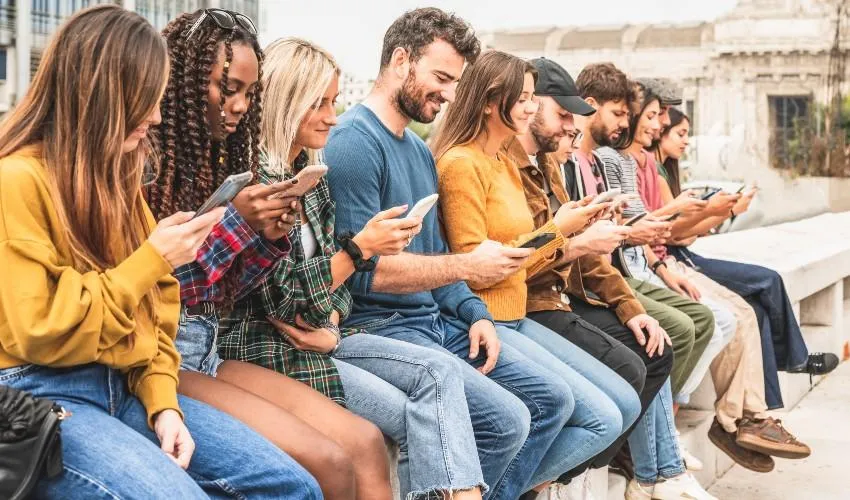
Ephemeral but Effective: We Engage More with Content We Can View Only Once
Leading social media platforms are introducing features that allow users to share content that can only be viewed once. For example, consumers can set chats to be deleted immediately after being viewed on communication apps like Snapchat, Instagram, Facebook Messenger, and WhatsApp. Uri Barnea (Bocconi Department of Marketing) and co-authors, in a paper forthcoming in Journal of Marketing Research, found that this kind of content can increase consumer engagement: after being told that the content can only be viewed once, consumers voluntarily watch it for a longer time, and they understand and remember it better.
A series of lab experiments and a field study on Facebook's advertising platform showed that this single access restriction increases consumer engagement with digital goods. For instance, the restriction led participants to spend about 25% more time on sponsored content on Facebook, and almost 50% more time on a picture taken from an IKEA catalogue.
In an exploratory experiment the authors recorded participants' eye movement to check attention allocation when reading product ratings. Participants fixated more often on the ranking information when told there was only a single opportunity to see it. Consistent with that, another experiment found that imposing the access restriction helped participants identify a better ranked alternative from a set of products.
Consumers often save attention resources for subsequent tasks by exerting sufficient, rather than maximal, mental efforts. However, single time viewing poses a risk to consumers as they might not be able to collect additional information or verify their comprehension in the future. Considering the future unavailability of the restricted content, consumers tend to allocate more attention to process it the first time around, thus mitigating the risk of missing important information.
Marketers have to compete for attention as people are gaining constant access to social media and content. Therefore, identifying ways to capture consumers' attention is essential for achieving many marketers' goals, including increasing brand recall, improving comprehension of marketing communications, and influencing product choice.
"While communicators typically desire capturing more of their audience's attention, ephemeral communication might sometimes backfire. Indeed, users perceive ephemeral platforms as safer and tend to use them for sharing sensitive content. When doing so, they also increase their audience's attention and recall, which actually introduces the risk of forming a negative image of themselves in the minds of others." Prof. Barnea concluded.
Uri Barnea, Robert J. Meyer, and Gideon Nave, "The Effects of Content Ephimerality on Information Processing." Forthcoming in Journal of Marketing Research. DOI: https://doi.org/10.1177/00222437221131047.
You Can Watch This Video Only Once
